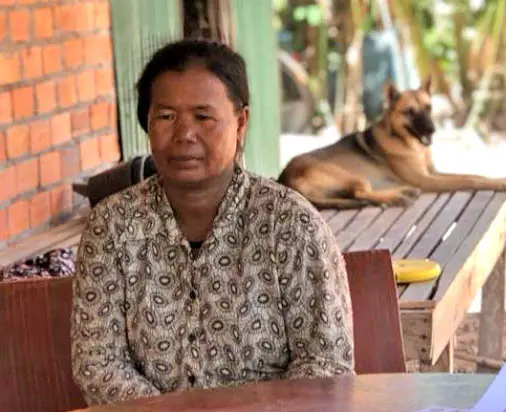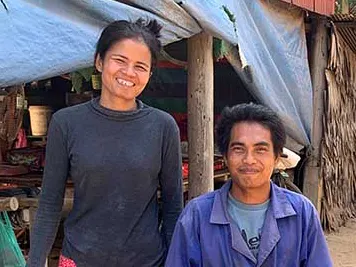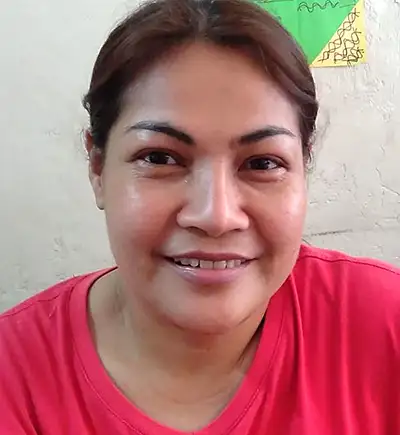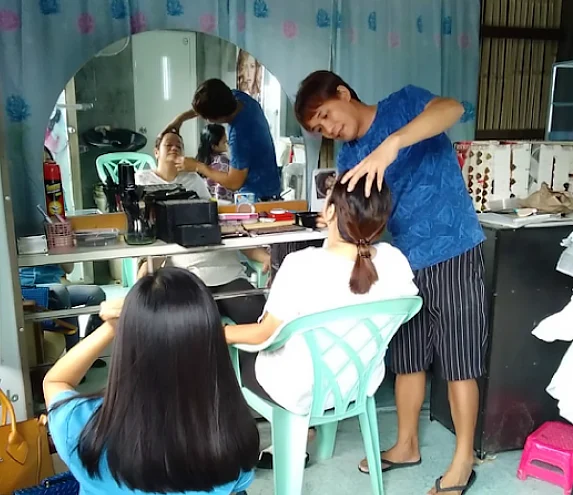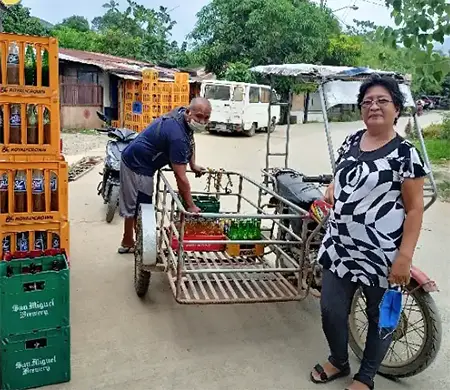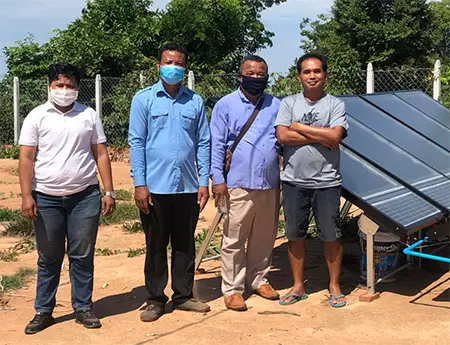From small-scale farms to sustainable agribusinesses in Rizal, Philippines
In September 2020, Dana Asia and Grameen Pilipinas Microfinance Inc (GPMI) piloted the Eco-Agri Loan, a new loan product geared towards upscaling small-scale farms into agribusinesses. The objective was to provide microfinance to small farmers as loan capital for agricultural production and facilitate upgrading of farming systems from subsistence farming towards the promotion of agri-preneurship. The project also gave assistance to establish a marketing network that would provide a market for their crops. This network would link up with other GPMI members who run retail store businesses to provide a platform for vegetable sales to guarantee a regular income. The pilot community was a rural farming community of mainly vegetable farmers in San Ysiro, Rizal province. A new initiative, this exciting venture promised good profit to both farmer producers and urban retailers.
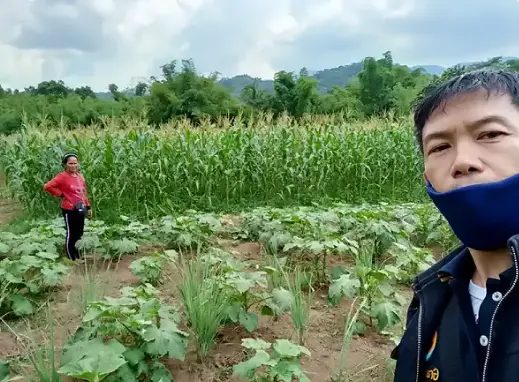
The pilot saw a total of PHP 50,000 in loans distributed to five farmers, organised into a farmers’ group in the area to grow rice, legumes, root crops and vegetables. Eligible farmers had to have at least 1,000m2 of ready-to-farm area and grow various crops (fruit trees, root crops and cash crops) as a buffer in case of calamity. Loans were largely used to purchase new equipment and seed inputs.
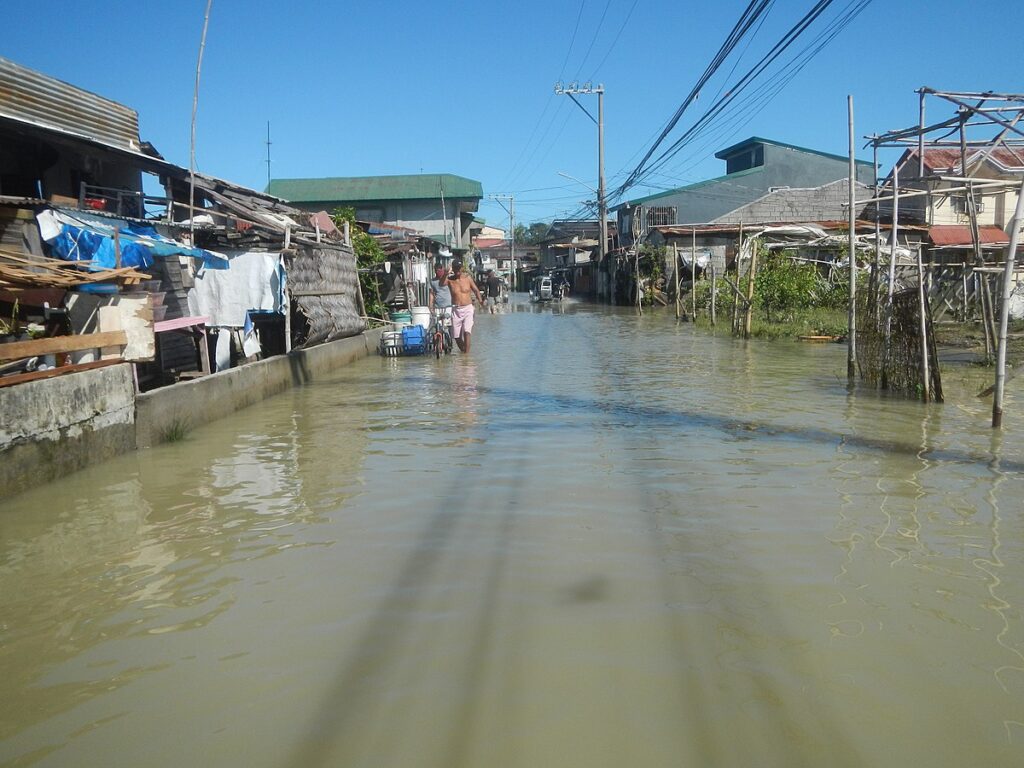
In November 2020, the project faced a huge challenge when tropical cyclone Typhoon Ulysses brought heavy rains that triggered flash floods and landslides in the Antipolo area. The overflowing of creeks in San Ysiro devastated the farmlands and homes of more than 60 farmers in the area. Landslides rendered the roads impassable, cutting off the community from immediate emergency response aid and essential provisions. At this time, Dana Asia launched an emergency response to bring urgent food supplies to the community and help farmers rebuild some of what was lost to the storm.
After a one-month moratorium by GPMI on loan repayments to give farmers time to recover, business returned to normal. Having diversified crops meant that although farmers lost some areas of land, they did not lose everything and were able to harvest and sell some crops to keep business going while they repaired and replanted. By the end of April 2021, all loans were repaid on time. The eco-agri loan product has now been rolled out into mainstream GPMI activity, with four reloaners and five new loan applicants in San Ysiro, and expansion into a second nearby community with 10 new applicants.
These loans are proving successful so far in upgrading farm production through modernised equipment and farming techniques, while also connecting producers with consumers through improved marketing networks. The scaling and replication now underway will allow us to see the potential on a larger scale to test the longer-term sustainability of the product.
Your social investment could give more farmers the chance to upgrade their agribusinesses. Visit our microfinance page to find out how.

